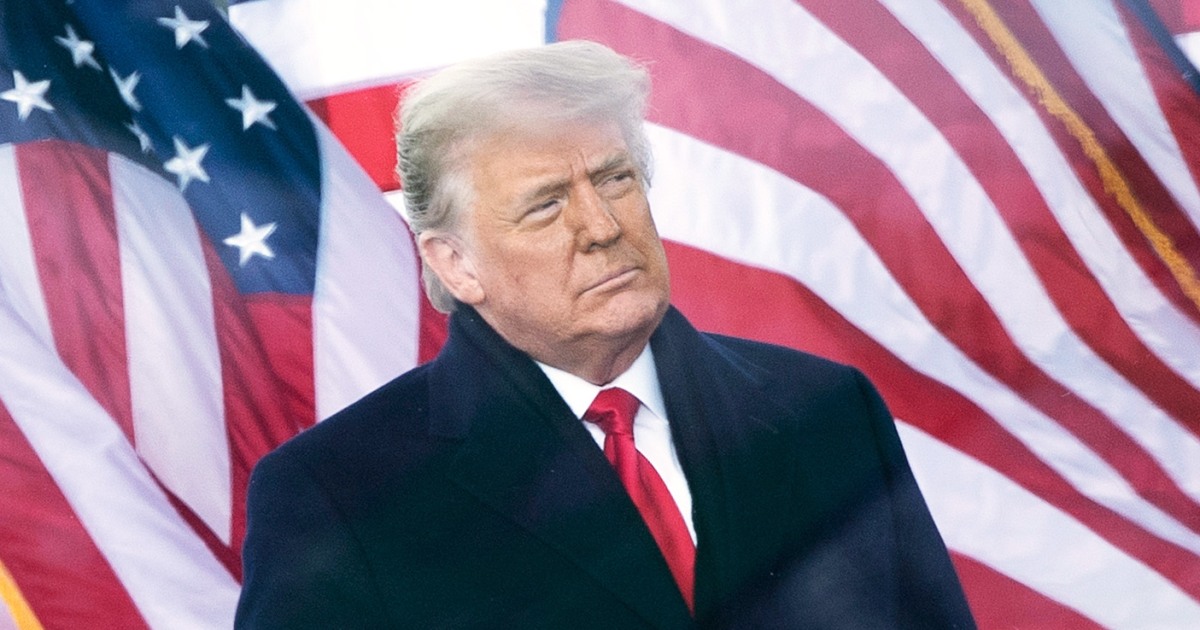WASHINGTON — Lawsuits seeking to hold Donald Trump personally accountable for his role in the Jan. 6 attack on the Capitol can move forward after the former president chose not to take his broad immunity claim to the Supreme Court.
Trump had a Thursday deadline to file a petition at the Supreme Court contesting an appeals court decision from December that rejected his immunity arguments, but he did not do so.
The appeals court made it clear that Trump could still claim immunity later in the proceedings in three cases brought by Capitol Police officers and members of Congress.



This is the best summary I could come up with:
WASHINGTON — Lawsuits seeking to hold Donald Trump personally accountable for his role in the Jan. 6 attack on the Capitol can move forward after the former president chose not to take his broad immunity claim to the Supreme Court.
The appeals court made it clear that Trump could still claim immunity later in the proceedings in three cases brought by Capitol Police officers and members of Congress.
Trump’s lawyers argued that any actions he took on Jan. 6 fall under the scope of his responsibilities as president, thereby granting him immunity from civil liability.
Circuit Court of Appeals for the District of Columbia rejected that argument, ruling that Trump was acting in his role as a political candidate running for office, not as president.
The lead plaintiff in the civil immunity case is James Blassingame, a Capitol Police officer who was injured in the Jan. 6 riot.
The legal arguments being made by Trump are similar to those he is making in his criminal case as he seeks to prevent a trial from taking place before the November election.
The original article contains 426 words, the summary contains 180 words. Saved 58%. I’m a bot and I’m open source!